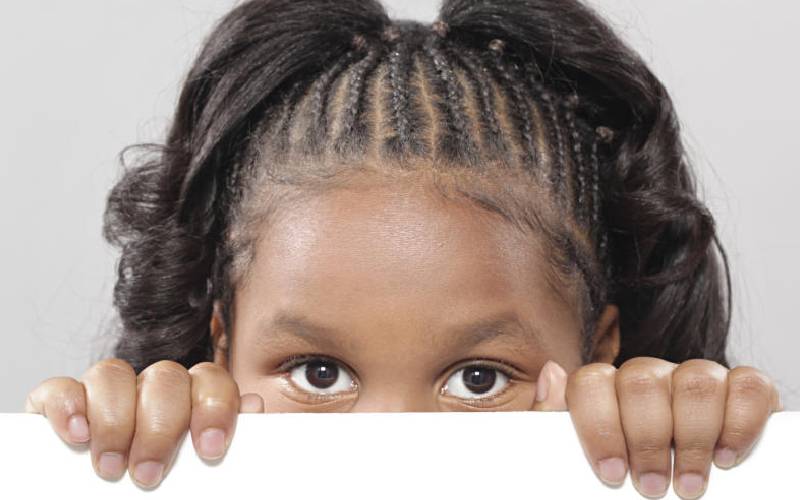
Medical assistance from a clinical psychologist is recommended for those who suffer depression and constant anxiety. [Courtesy]
Founding President Mzee Jomo Kenyatta suffered aviophobia-the fear of flying. He flew out of the country less than five times in his 15-year Presidency.
The late assistant minister John Keen once explained that “Kenyatta developed a fear of flying, on the night he was flown to detention upon his arrest by colonialists on October 20, 1952.”
 The Standard Group Plc is a multi-media organization with investments in media
platforms spanning newspaper print
operations, television, radio broadcasting, digital and online services. The
Standard Group is recognized as a
leading multi-media house in Kenya with a key influence in matters of national
and international interest.
The Standard Group Plc is a multi-media organization with investments in media
platforms spanning newspaper print
operations, television, radio broadcasting, digital and online services. The
Standard Group is recognized as a
leading multi-media house in Kenya with a key influence in matters of national
and international interest.











